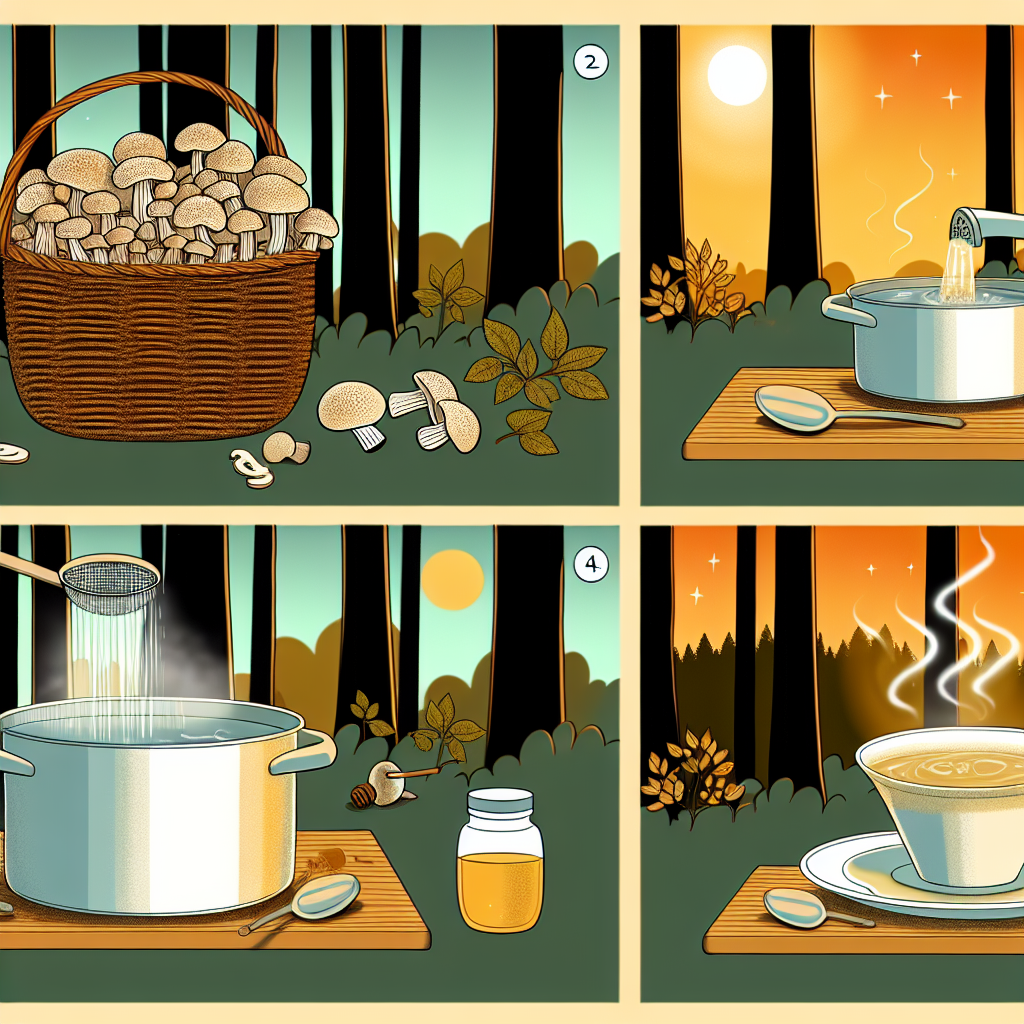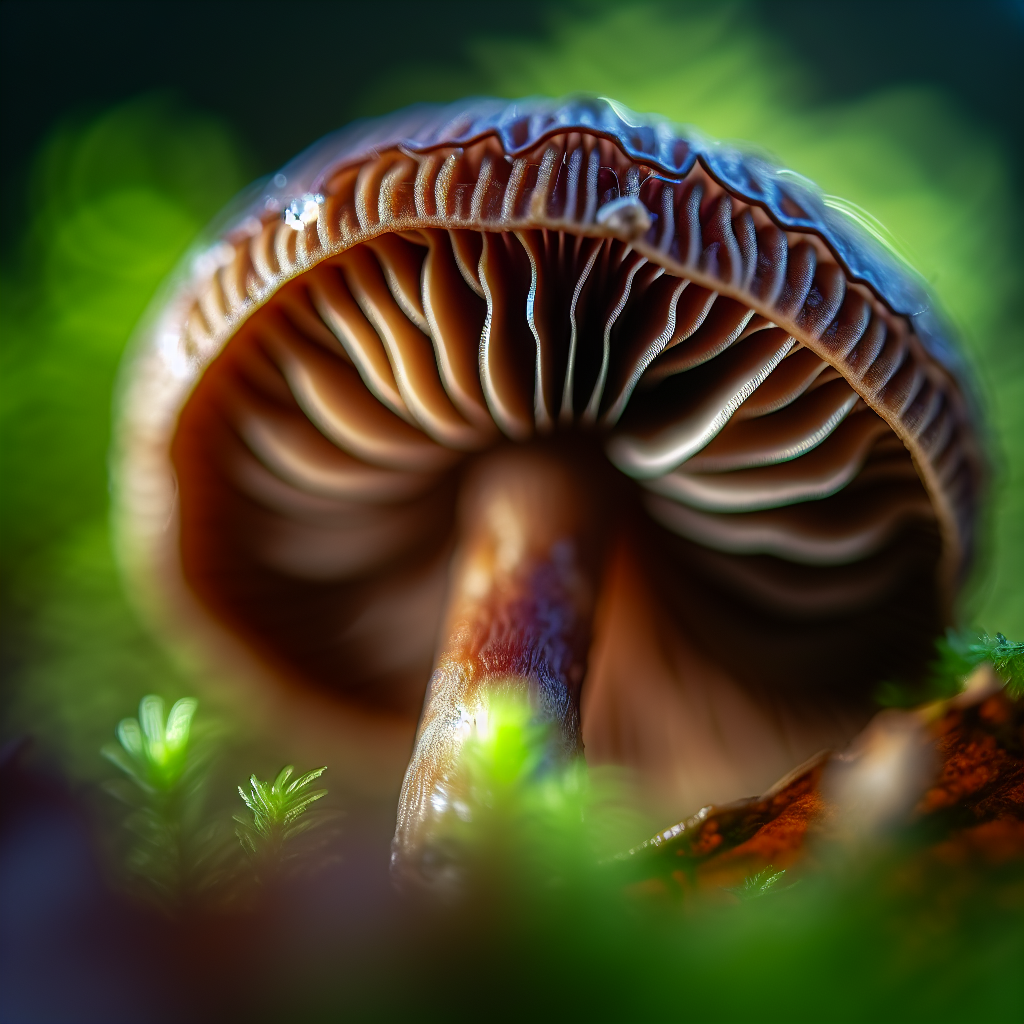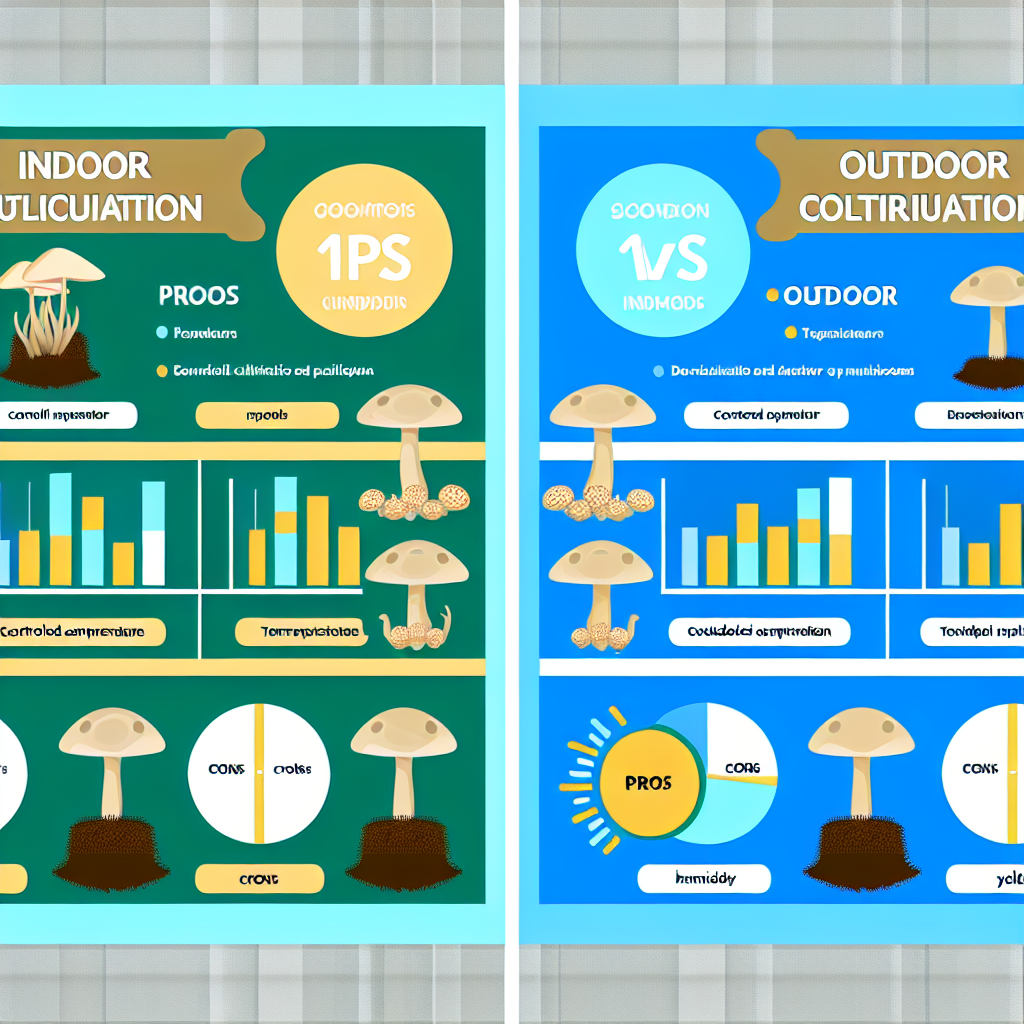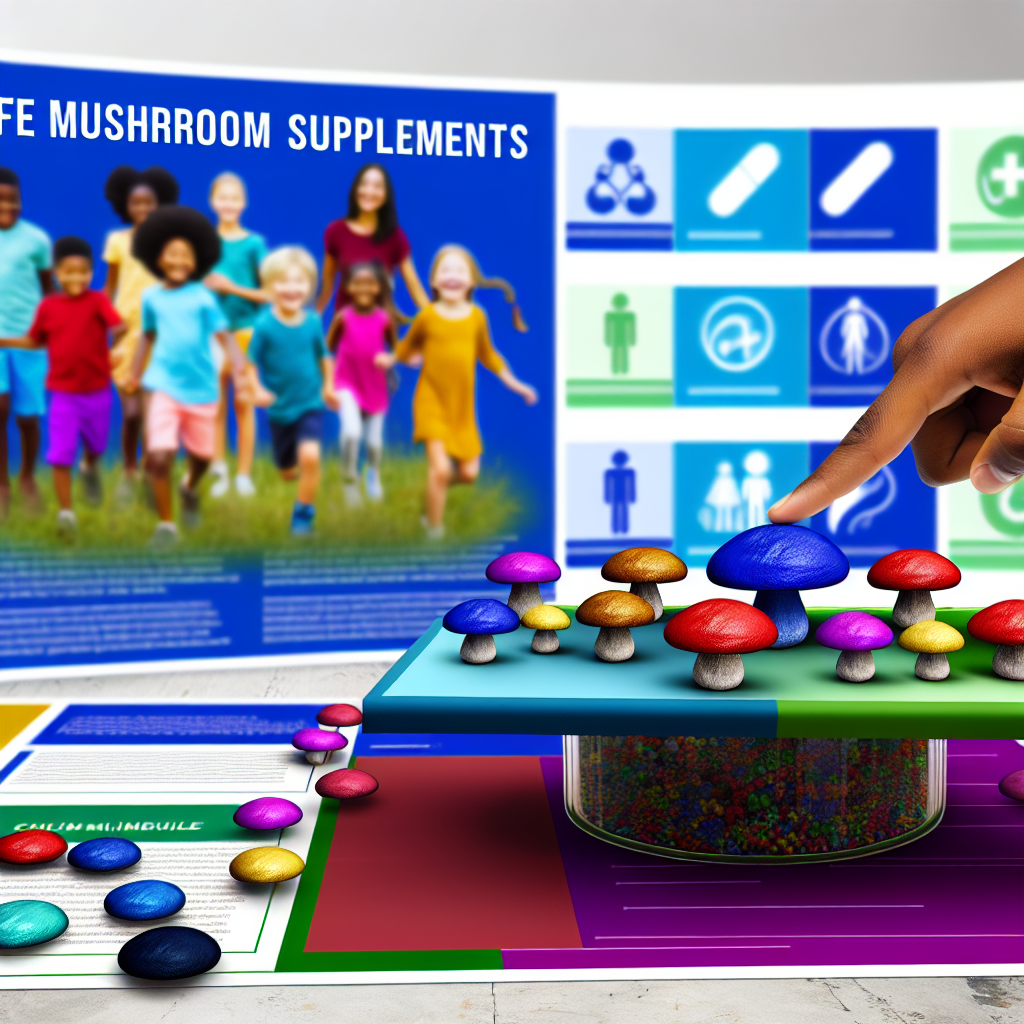Step-by-Step Guide to Preparing Lion’s Mane Mushroom Tea for Cognitive Boost
In the world of natural remedies and functional fungi, no medicinal mushroom has gained more attention for its brain-boosting potential than Lion’s Mane (Hericium erinaceus). Native to Asia, Europe, and North America, Lion’s Mane has long been used in traditional Chinese and Japanese medicine to support digestive health and improve cognitive function.
In today’s fast-paced world where mental clarity and focus are more valuable than ever, the modern resurgence of Lion’s Mane is grounded in a growing body of scientific research that explores its neuroprotective and neuroenhancing properties.
What sets Lion’s Mane apart from other adaptogenic mushrooms is its unique ability to stimulate the growth of brain cells. This is primarily due to two compounds found in the fungus: hericenones and erinacines. These compounds may promote the production of nerve growth factor (NGF), a protein that plays a vital role in the maintenance, survival, and regeneration of neurons, particularly in the brain and spinal cord.
One of the most accessible ways to consume Lion’s Mane for its cognitive benefits is through tea. Brewing a cup of Lion’s Mane tea not only extracts its neurologically active components but also provides a calming, daily ritual that contributes to overall wellness. Whether you seek improved memory, increased mental clarity, or long-term neuroprotection, adding Lion’s Mane tea to your diet could be a transformative habit.
Why Lion’s Mane? The Science Behind Its Brain-Boosting Powers
Lion’s Mane mushroom has been the subject of several promising scientific studies highlighting its potential as a cognitive enhancer and neuroprotective agent.
- A 2009 randomized, double-blind, placebo-controlled study published in Phytotherapy Research found that participants with mild cognitive impairment who took 250 mg of Lion’s Mane powder three times daily for 16 weeks showed significantly improved cognitive function. Notably, once supplementation ended, those benefits began to decline again (source).
- Research from the International Journal of Medicinal Mushrooms revealed that erinacines in Lion’s Mane can cross the blood-brain barrier and stimulate NGF synthesis within the brain, offering possible therapeutic value in neurodegenerative diseases like Alzheimer’s and Parkinson’s (source).
- In a 2013 study published in Evidence-Based Complementary and Alternative Medicine, Lion’s Mane was shown to alleviate depression and anxiety symptoms in menopausal women—highlighting another added bonus to your daily cup of tea (source).
Dr. Kawagishi at Shizuoka University in Japan has been instrumental in isolating and identifying the mushroom’s active compounds. His findings affirm that both the fruiting body and the mycelium hold distinct bioactive benefits—a key consideration when selecting ingredients for your tea.
How to Make Lion’s Mane Tea for Maximum Mental Clarity
Brewing Lion’s Mane tea at home is a simple and rewarding process—especially when you follow these essential steps:
Step 1: Choose Quality Ingredients
Select organic, whole dried Lion’s Mane mushroom for best results. Alternatively, fresh Lion’s Mane (if in season) works equally well. Powdered extract can be used, but whole mushrooms better preserve the natural spectrum of bioactive compounds.
Step 2: Gentle Cleaning
Brush off any dirt or debris from the mushroom. Use a damp cloth if necessary, but avoid soaking the mushroom, which may remove vital nutrients and compounds.
Step 3: Chop for Better Extraction
Cut your Lion’s Mane into 1-inch chunks. This increases surface area, allowing for enhanced release of key compounds like hericenones during the simmering process.
Step 4: Simmer to Extract Neuroactive Benefits
Add 5–7 grams of dried mushroom to 2–3 cups of water in a pot. Bring to a gentle boil, then simmer for 30 to 45 minutes. For a thicker, more concentrated tea, you can simmer up to 90 minutes.
Step 5: (Optional) Create a Dual Extraction
To form a full-spectrum herbal extract, complete a dual extraction: remove the simmered mushroom pieces, dry them, then soak in high-proof alcohol (70% or higher) for at least two weeks. Combine your water and alcohol extracts to enjoy the full range of cognitive and neural benefits from both hericenones and erinacines.
Step 6: Strain and Customize
Strain your tea into your favorite mug. Customize your brew with honey, lemon, or ginger for added flavor and antioxidant support.
Step 7: Store for Later
Refrigerate any leftover tea for up to 5 days. Reheat on the stovetop to preserve beneficial compounds—skip the microwave to maintain potency.
Why Make Lion’s Mane Tea a Daily Ritual?
Lion’s Mane mushroom is more than just a natural nootropic—it’s a powerful supplement for lifelong cognitive wellness. Drinking Lion’s Mane tea daily helps you maintain mental sharpness while supporting long-term brain health and emotional balance.
Made correctly, it becomes a simple, enjoyable habit that enhances your commitment to self-care, helps regulate your mood, and keeps your neurons firing optimally. Consistency is key, and when integrated into a healthy lifestyle, the cognitive dividends can be substantial.
Ready to Experience the Cognitive Advantage?
From boosting concentration to protecting your brain from the ravages of time, Lion’s Mane mushroom offers science-backed benefits that ancient wisdom predicted long ago. Brewing a cup at home is easier than you think—and your mind will thank you.
Looking for more natural remedies and superfood insights? Visit us at ShroomFan.com for expert guides, product recommendations, and the latest mushroom-based science.
References
- Phytotherapy Research: Cognitive improvement with Lion’s Mane (Hericium erinaceus) supplementation
- Int J Med Mushrooms: Erinacine bioactivity and NGF stimulation
- Evid-Based Complement Alternat Med: Effects on depression and anxiety
- Dr. Kawagishi’s NGF stimulation studies
Concise Summary:
Lion’s Mane (Hericium erinaceus) is a medicinal mushroom that has gained attention for its brain-boosting potential. Rich in compounds like hericenones and erinacines, Lion’s Mane has been shown to stimulate nerve growth factor (NGF) production, improve cognitive function, and alleviate mood disorders. This step-by-step guide covers how to brew a nourishing Lion’s Mane tea at home, highlighting the science-backed benefits and explaining the importance of using high-quality ingredients and proper preparation techniques to maximize the mushroom’s neuroactive properties.

Dominic E. is a passionate filmmaker navigating the exciting intersection of art and science. By day, he delves into the complexities of the human body as a full-time medical writer, meticulously translating intricate medical concepts into accessible and engaging narratives. By night, he explores the boundless realm of cinematic storytelling, crafting narratives that evoke emotion and challenge perspectives. Film Student and Full-time Medical Writer for ContentVendor.com



